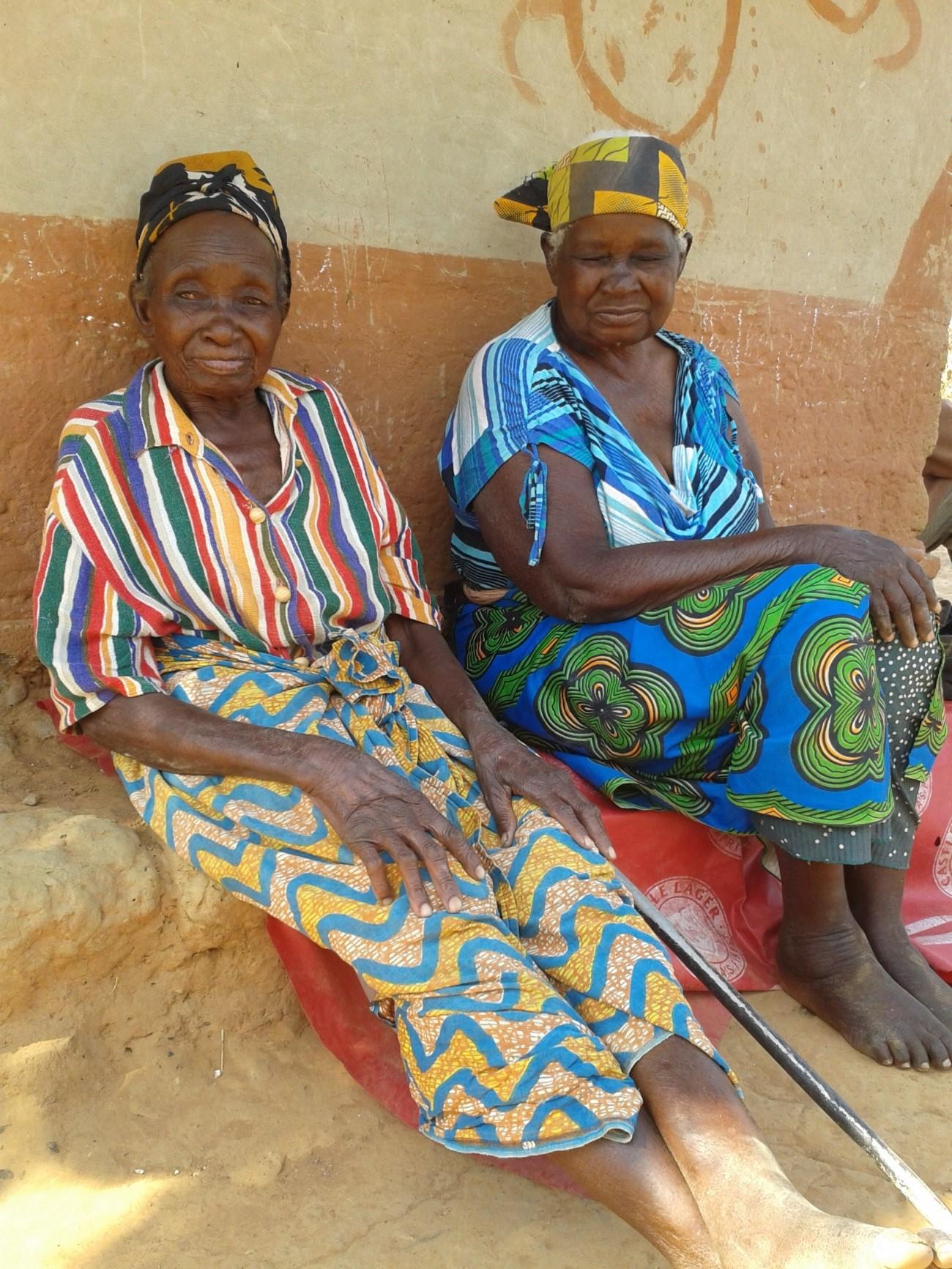A Story of Change: The Benefits of Water and Sanitation Access

The Undoing Inequity project, funded by SHARE and implemented by WaterAid, Leonard Cheshire Disability and WEDC, aims to understand and help overcome the barriers and opportunities that disabled and older people and people with chronic illnesses may face using standard WASH services. The project has shown that with little investment it is possible to make a real change to the lives of the traditionally marginalised in communities.
One example of such change can be seen in the life of Esther Cheelo from Nachona Village in Zambia. Esther is blind and elderly and has difficulty walking. For years she has relied upon others to collect water and to walk her into the scrubland near her home to find a place to relieve herself. But then, with the help of SHARE through WaterAid, her village got a water point and toilets for the first time. Here, Esther tells us in her own words what a change this has made.
“Before DAPP came in we were really suffering. We used to collect water from very far. I am blind. I cannot walk far. I could never wash my body. We were really suffering. Finally we got water and we were very happy. We are very thankful.
The water has been put in this village. Many people are constructing toilets now. We have a toilet now. Before we suffered going in the bush. I used to go to the bush with a child who leads me, but sometimes the child would not see a ditch and I would fall in. The child would shout that there is a snake. When I was getting scared from the snake I would back myself into trees or stumps. In this position, I had to defecate. In the beginning I was scared that people would see me as I didn’t know if I was near the road or covered but with time I got used to it; it became normal.
We are all so grateful for the work that you have done in this village. We have a toilet. It has really helped me as I have stopped going into the bush. But it is not yet complete. The superstructure is temporary; we want it to be brick and we need a roof. Now I have a rope to guide me from my house to our toilet. I go on my own to the toilet using the guide rope and I come back on my own.
Before they gave us a toilet there was one meeting here. In that meeting I spoke out to say we don’t have toilets. Please can you help us? After we spoke at those meetings, finally water came to this village. People were listening to us. DAPP have worked with us and have really helped us. DAPP encouraged us to work as a team. People came two times before and we were promised water, but it never came [other organisations, not DAPP or WaterAid]. Now we have water, the difference is that the distance has been shortened so we can access water more quickly.
Now we have enough water to bathe. There is no rationing now. The biggest change is personal hygiene as well as a change in the village surroundings in terms of hygiene. We can access water nearby.
Before they brought water, I could bathe once a month. I was smelling. That is the truth. People never used to eat with me because I was dirty and smelling. Now everyone can eat together as I am no longer dirty. We are not married and all our children died, but we have support from people here.
I want you to use the photos and my story so others can see how much suffering we went through”.
Esther Cheelo is just one example of someone who has felt real improvement in her quality of life because of the Undoing Inequity Project. Over the coming weeks we will share more of these stories of change from Zambia and Uganda.
